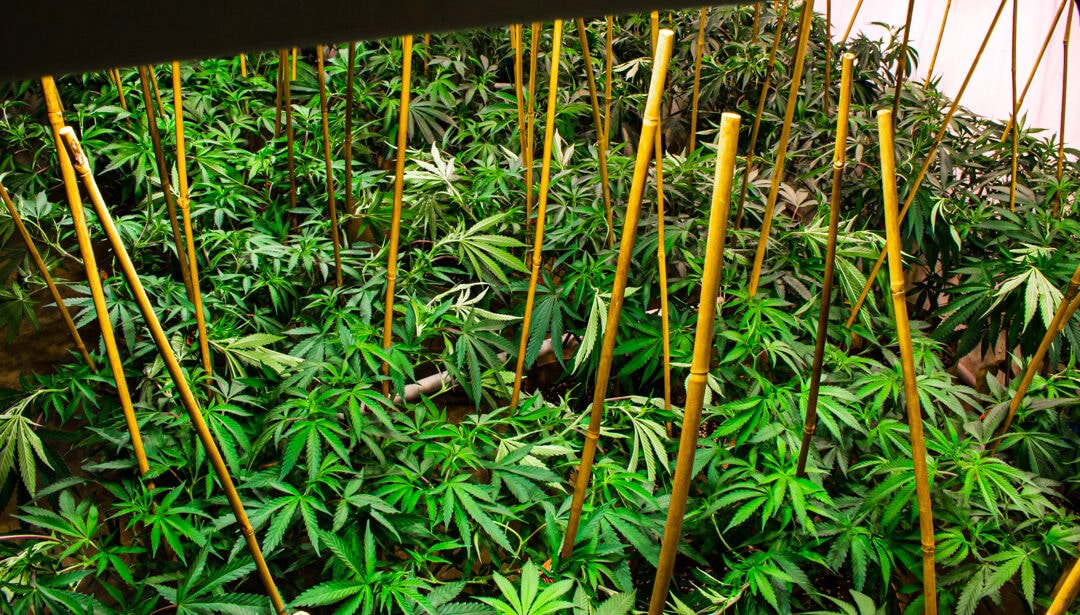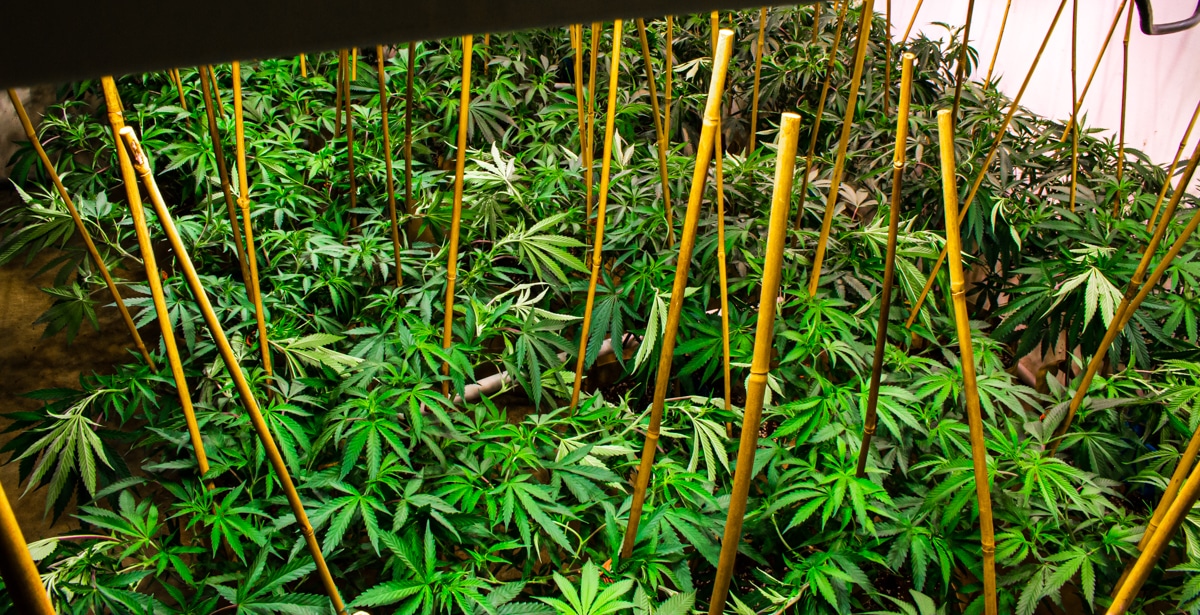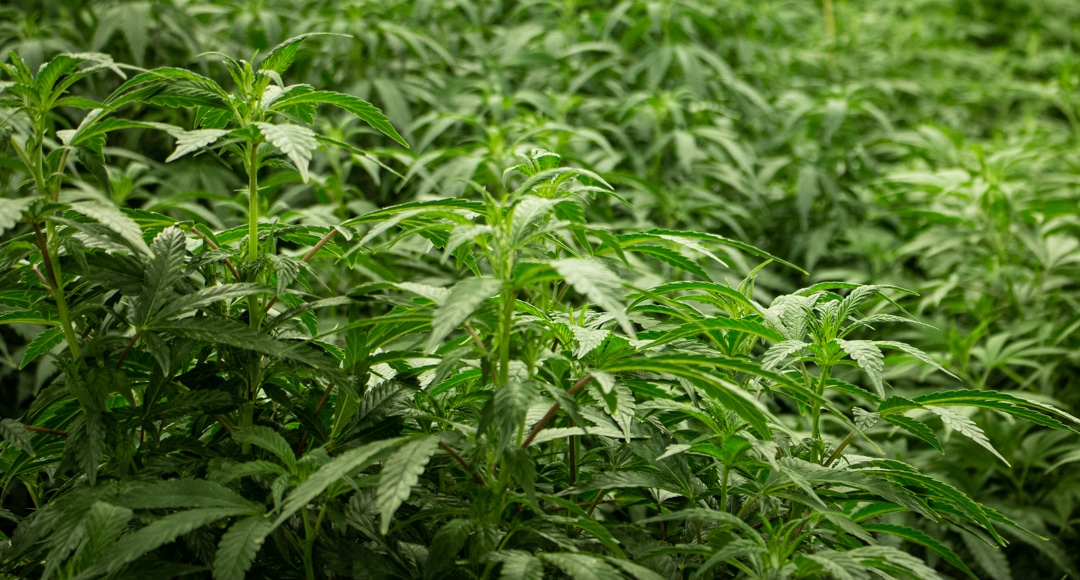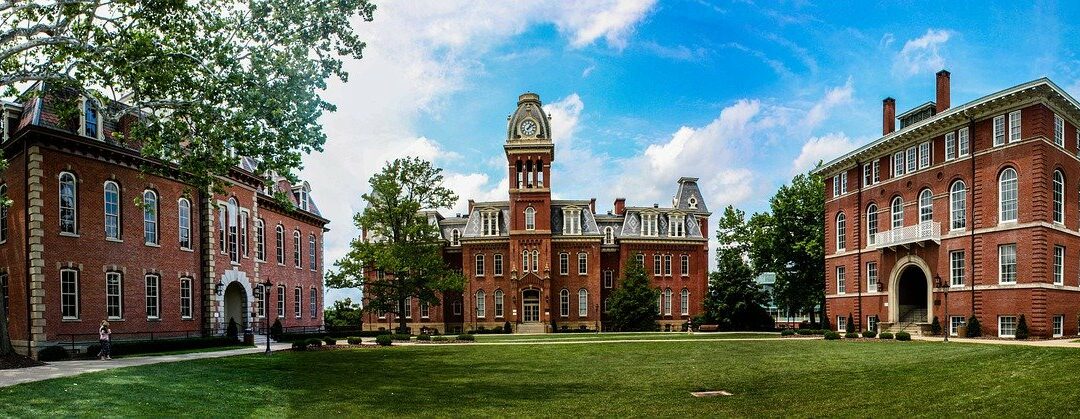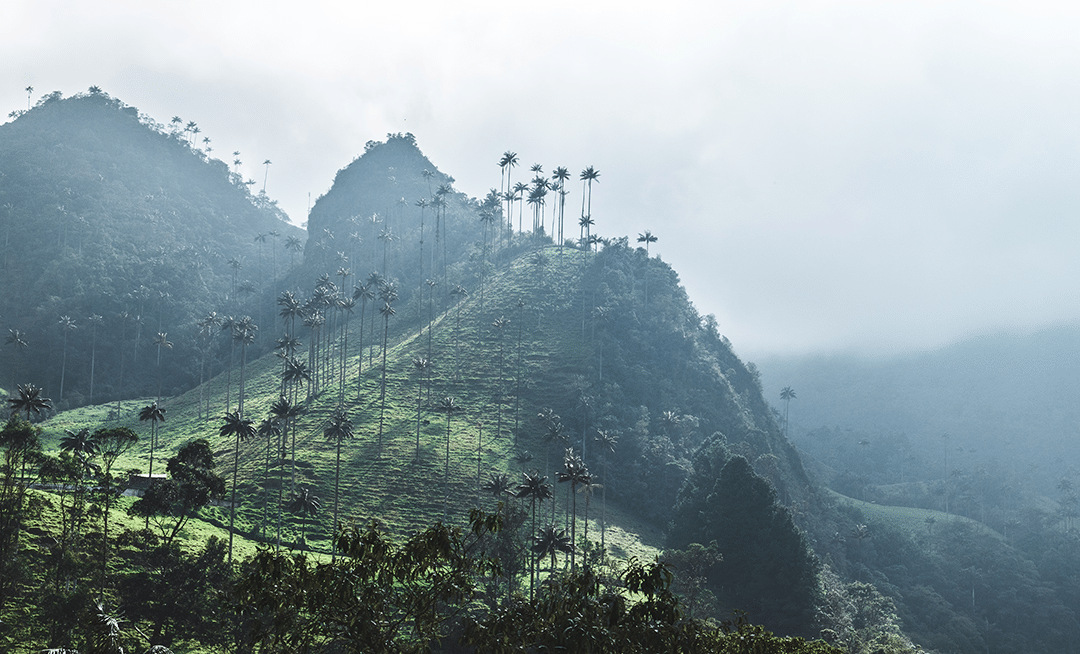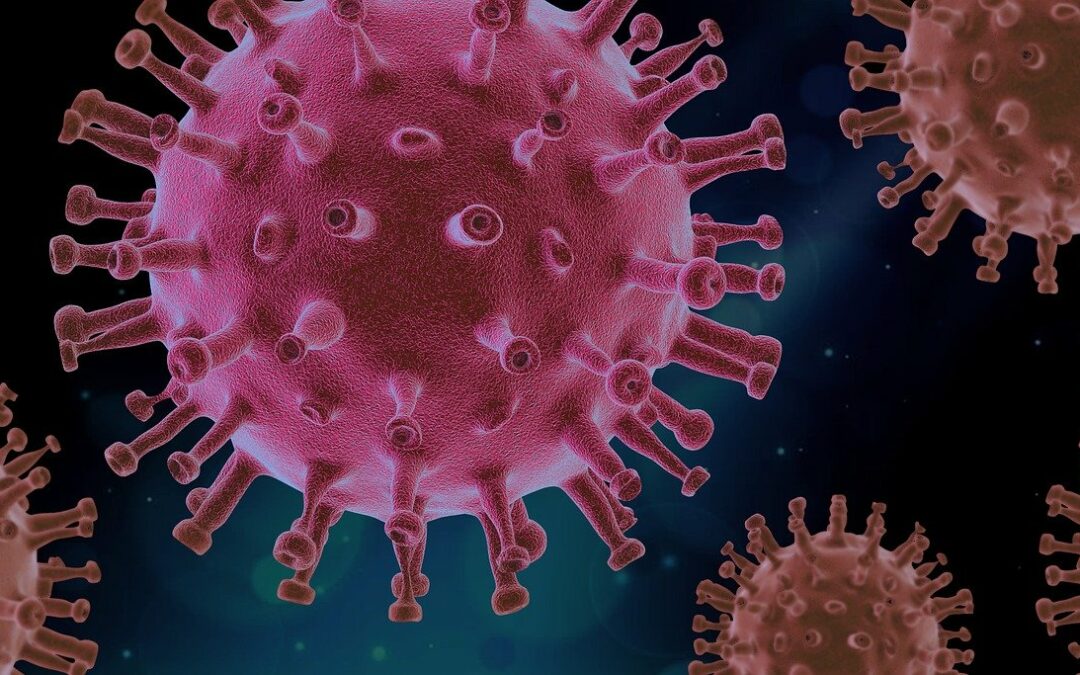
Study Finds Cannabis Compounds Prevent Infection By Covid-19 Virus
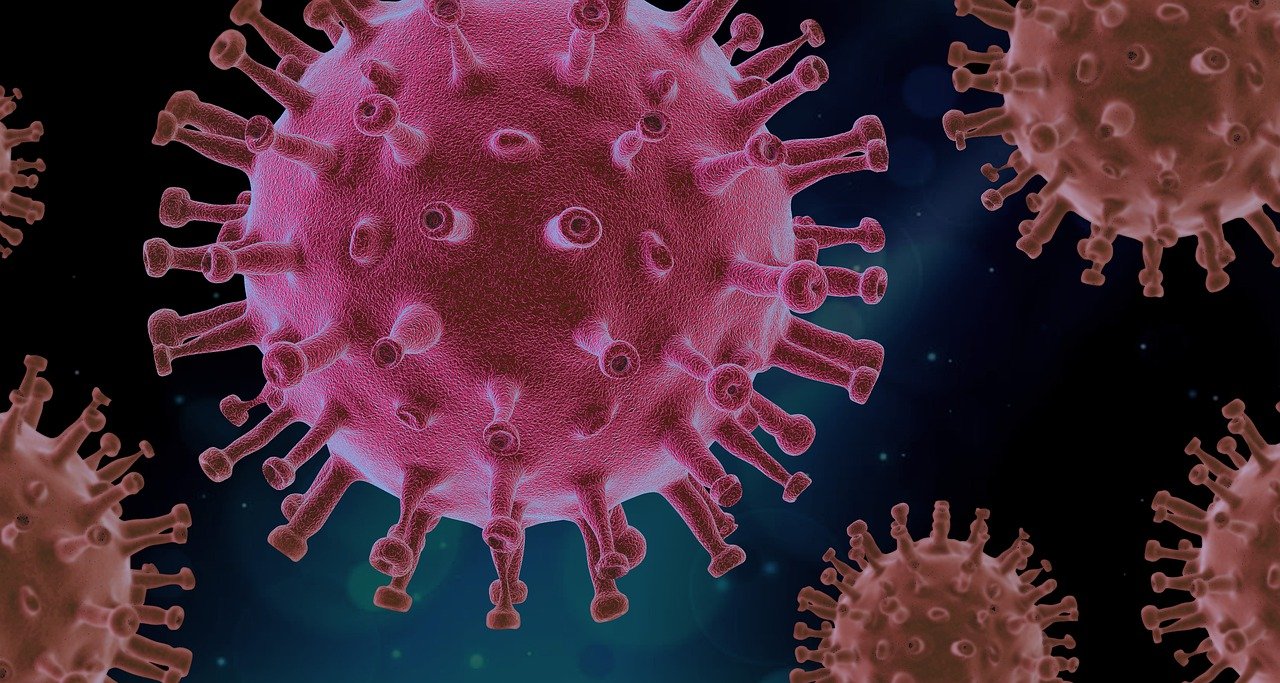
Compounds in cannabis can prevent infection from the virus that causes Covid-19 by blocking its entry into cells, according to a study published this week by researchers affiliated with Oregon State University.
A report on the research, “Cannabinoids Block Cellular Entry of SARS-CoV-2 and the Emerging Variants,” was published online on Monday by the Journal of Natural Products.
The researchers found that two cannabinoid acids commonly found in hemp varietals of cannabis, cannabigerolic acid, or CBGA, and cannabidiolic acid, also known as CBDA, can bind to the spike protein of SARS-CoV-2, the virus that causes Covid-19. By binding to the spike protein, the compounds can prevent the virus from entering cells and causing infection, potentially offering new avenues to prevent and treat the disease.
“Orally bioavailable and with a long history of safe human use, these cannabinoids, isolated or in hemp extracts, have the potential to prevent as well as treat infection by SARS-CoV-2,” the researchers wrote in an abstract of the study.
The study was led by Richard van Breemen, a researcher with Oregon State’s Global Hemp Innovation Center in the College of Pharmacy and Linus Pauling Institute, in collaboration with scientists at the Oregon Health & Science University. Van Breeman said that the cannabinoids studied are common and readily available.
“These cannabinoid acids are abundant in hemp and in many hemp extracts,” van Breemen said, as quoted by local media. “They are not controlled substances like THC, the psychoactive ingredient in marijuana, and have a good safety profile in humans.”
Cannabinoids Effective Against New Variants
Van Breemen added that CBDA and CBGA blocked the action of emerging variants of the virus that causes Covid-19, saying that “our research showed the hemp compounds were equally effective against variants of SARS-CoV-2, including variant B.1.1.7, which was first detected in the United Kingdom, and variant B.1.351, first detected in South Africa.”

